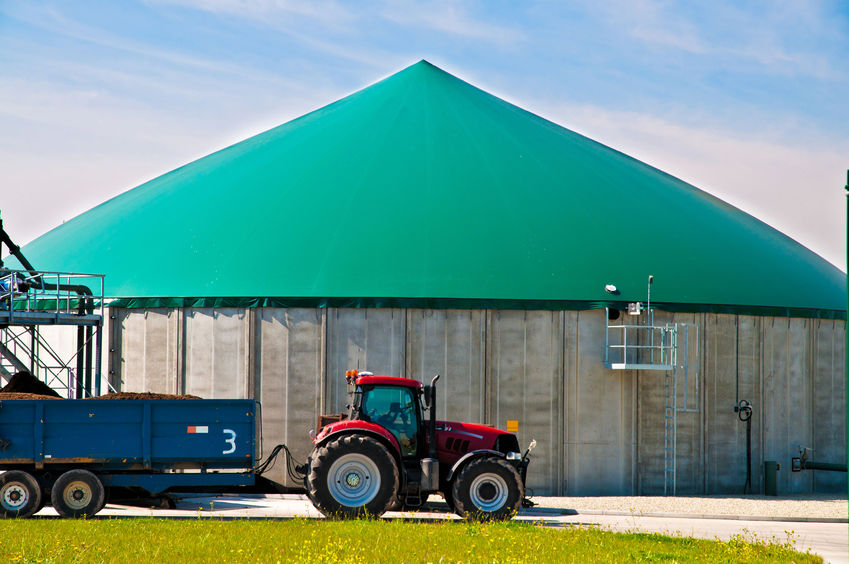
The long awaited reforms of the renewable heat incentive (RHI) passed their final parliamentary hurdle this week, bringing challenges and opportunities for farmers.
The reforms of RHI, known as ‘Package 2’, passed the hurdle on Tuesday (22nd May) and will be implemented with immediate effect.
The non-domestic RHI was launched in 2011, with the domestic scheme following in 2014. The initiative has since been instrumental in kick starting the UK’s push towards a target of 11% of its heat requirement coming from renewable sources by 2020.
The new package of measures introduces a range of regulations affecting both RHI schemes.
Adam Baxendine, Savills renewable heat specialist said the new package is designed to close a number of loopholes.
“But, unusually for government energy policy, it also opens up opportunities in a number of other areas. Most notably tariff guarantees for certain systems will provide certainty to projects with long lead-in times,” Mr Baxendine said.
“They will also increase the viability for anaerobic digestion projects, where tariffs are in fact due to increase.”
Farmers have been urged to use the introduction of these new measures to review their heat strategies as there are economic advantages, as well as wider environmental benefits to be had.
Summary of measures
• Introduction of tariff guarantees
• Introduction of assignment of rights
• Uplift to biogas/biomethane tariffs
• Biogas/biomethane feedstock restrictions
• Removal of wood fuel drying, waste drying/processing, and domestic swimming pools as eligible uses of heat
• Removal of digestate drying as an eligible heat use
• Changes to CHP efficiency thresholds
• Revision of degression thresholds
• Introduction of shared ground loop regulations for the Non-domestic RHI
• Introduction of mandatory electricity metering for heat pumps on the Domestic RHI and domestic properties on shared ground loop systems in the Non-domestic RHI
• Various operational administrative changes
